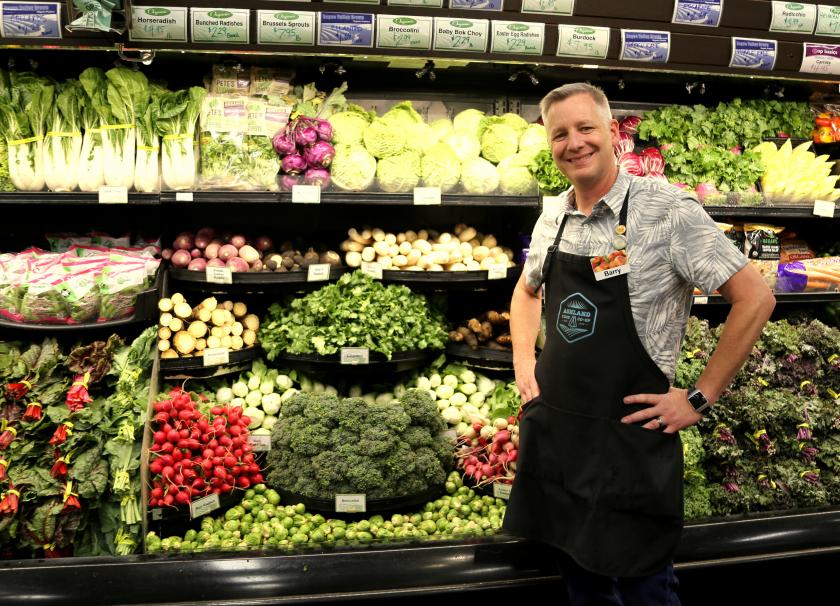
The Co-op is Certified Organic! What does that mean?
By Barry Haynes, Store Manager
Did you know that the Ashland Food Co-op is the only Certified Organic Retailer in southern Oregon. Well, that’s great! But what does that actually mean?
Though it sounds like it implies that all of the products we offer are certified organic, in actuality, it’s more about ensuring that the integrity of our certified organic products is maintained from the moment it enters our doors to the moment it leaves. In other words, you can be assured that the organic coffee you bought has stayed clean and clear of non-organic ingredients or contaminants during its stay at the Co-op. “Organic to the last drop!”
As a retailer, the Co-op is not required but we choose to be inspected by a USDA accredited, third party certifier every year.
We do this to verify that we are in compliance with the USDA’s National Organic Program and maintain our Organic Certification. Our third party certifier, Oregon Tilth, has been an integral part of the organic movement for forty years and does much more than inspection and certification. Tilth provides resources for farmers interested in switching to organic production, environmental conservation on the farm, farm viability and even a farmer mentorship program. It also publishes “In Good Tilth”, a seasonal magazine that tells positive stories about the organic trade. Pick up a copy at the Co-op or read it online at tilth.org.
During our annual inspection, we are required to provide organic certificates for all of the organic products we offer in every department of our Co-op. We also have to demonstrate that we have procedures and training in place to ensure that there is no commingling of organic and non organic products during receiving, storage, processing and merchandising. For instance, we would never display non organic produce above organic produce in our wet vegetable displays.
Any water dripping from non organic produce could contaminate the organic produce below. Another example would be in our Meat and Seafood department, where we cut and package all of our organic chicken before we process the natural chicken. All of these steps are very important to ensure organic integrity.
Imagine a store without these procedures in place. They could be preparing non organic product on the same surface as organic. This would obviously compromise the integrity of the organic product.
In addition to reviewing paperwork and procedures, our inspector conducts an in and out audit. This audit reviews the volume of organic products that we have sold and compares those figures to our purchases of those products. This type of audit ensures that a business hasn’t sold non organic products as organic.
This comprehensive inspection process usually takes about seven hours. After the inspection has been completed, the inspector presents their findings to one of Oregon Tilth’s inspection reviewers. Once the review has taken place and they are confident that they have received all of the information they require, a decision on certification is made. We’ve been having voluntary inspections since 2008—and have passed all of them!
Why does the Co-op choose to go through this process when there is no requirement to do so? We want our customers to have confidence that when they choose organic products at the Co-op, we have done everything we can to ensure the integrity of that organic product. This is just one of the ways we let our shoppers know that we try to stay true to our Product Philosophy and they can continue to trust the high standards the Co-op sets for itself and for the health of the community.
More Co-op News

Rogue To Go at the Co-op
We are excited to announce the official launch of Rogue To Go at the Ashland Food Co-op!
Rogue To Go is a reusable container pilot program. The pilot connects five participating restaurants by offering a reusable container that can be used for meals to-go and help eliminate single-use boxes. These O2GO containers are made locally in Bend, Oregon by OZZI. The bright green containers are 100% recyclable through a specialty recycler - truly zero waste!
How can you start using Rogue To Go? Check out the steps below and follow along with a walk-through video.

Apply for an AFC Gives community grant
For over 25 years, the Ashland Food Co-op has been re-investing in the local community by awarding grants to non-profit organizations doing important work in the Rogue Valley. Putting the seventh cooperative principle, "concern for community," into action, over $30,000 was donated in 2019 - and in 2020, there are even more opportunities for non-profits.
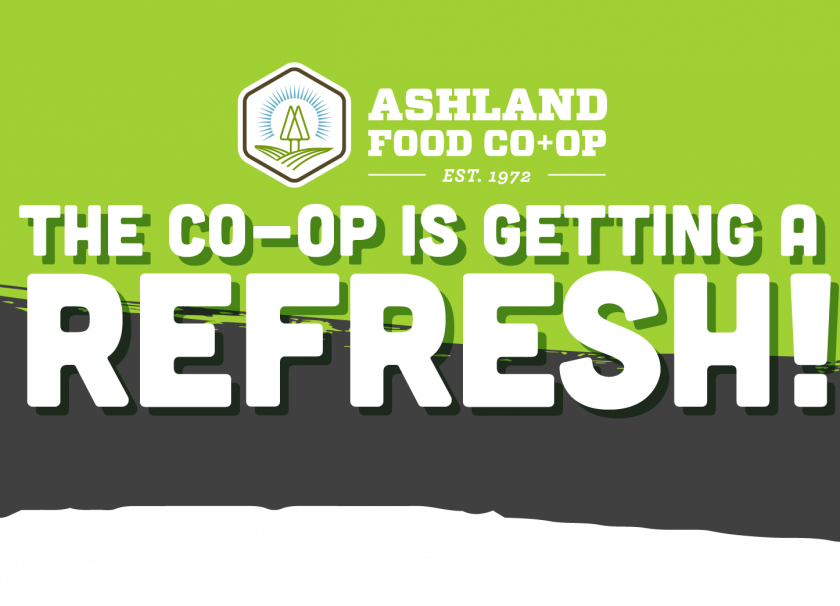
The Co-op is getting a refresh
We are giving our store a much-needed fresh coat of paint. We think you'll enjoy the changes!
When
The painting team will begin our project on February 5th, 2020 with a start time of 9pm.
Where
The entire retail store, deli serving area and interior seating area will receive a fresh new coat of paint.
Timeline
If all goes as planned, our painting project should be finished by February 20.
Will Store Hours Change?
No. We will be painting from 9pm to 5am.
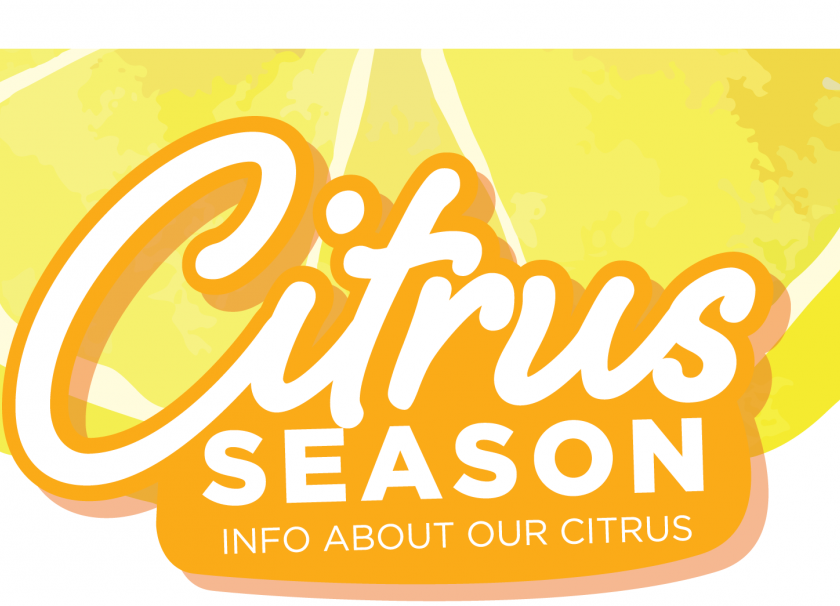
Explore citrus!
Looking to explore some new citrus varieties? Know more before you go! Check out the many types of sweet, sour and somewhere in between that you can enjoy at the Co-op! (Availability may vary due to seasonality.)
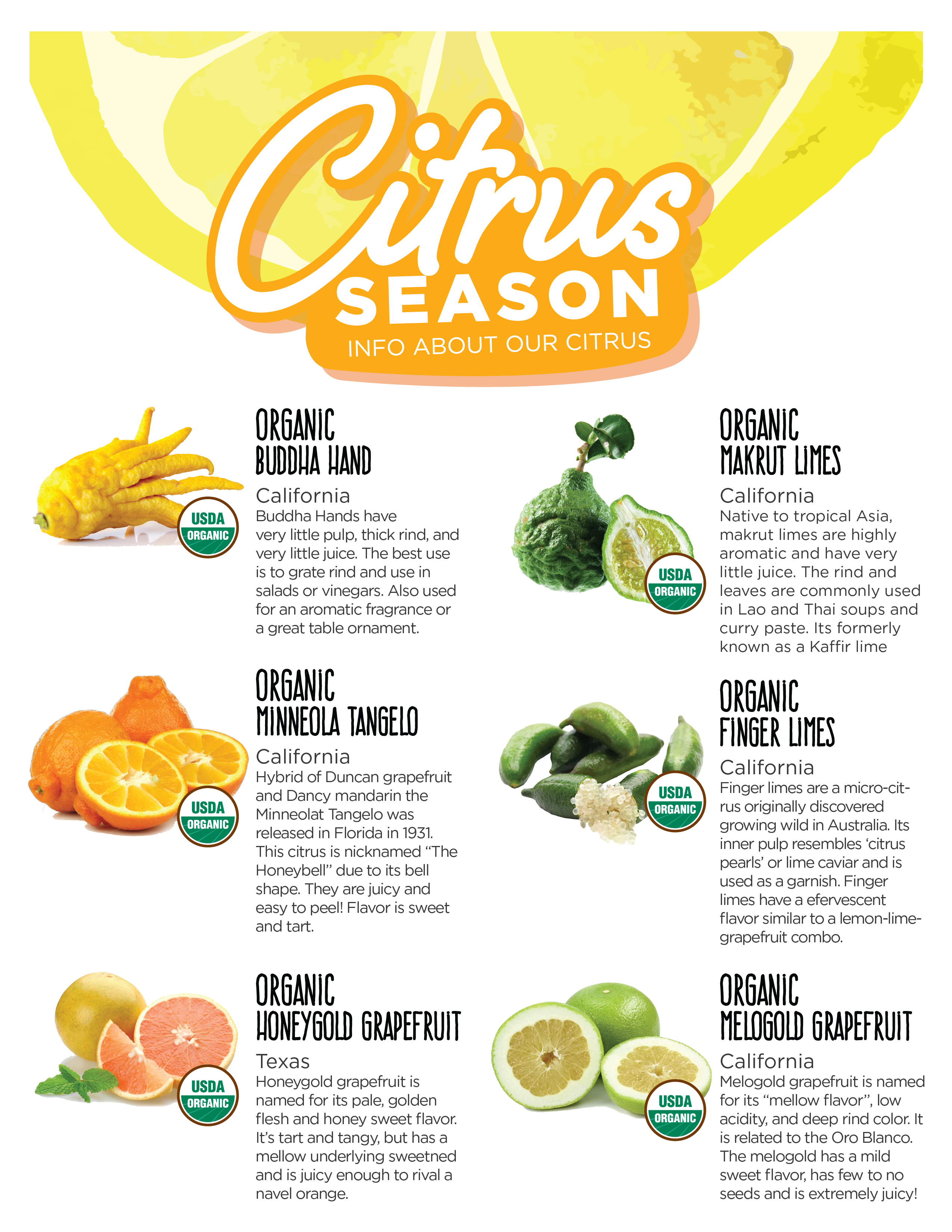
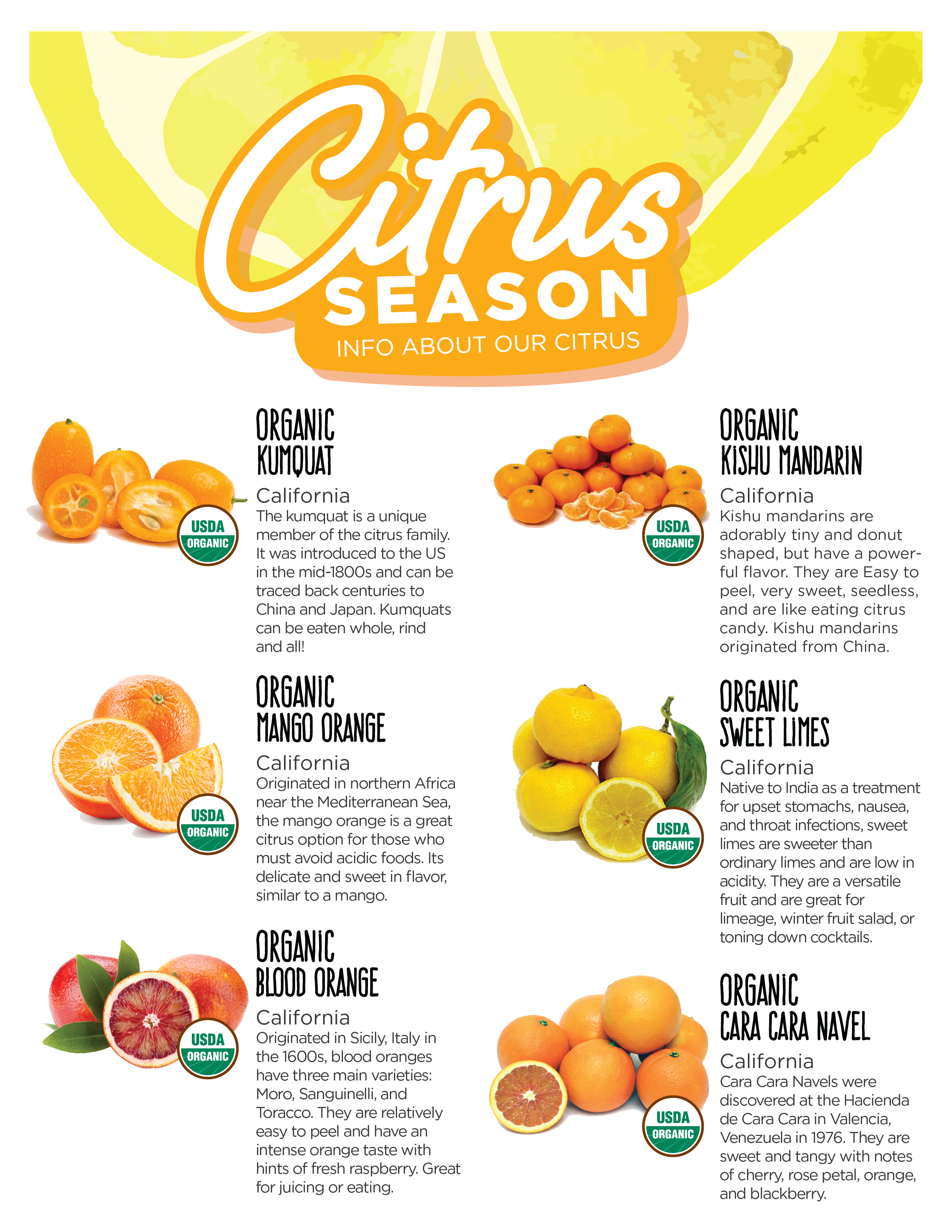
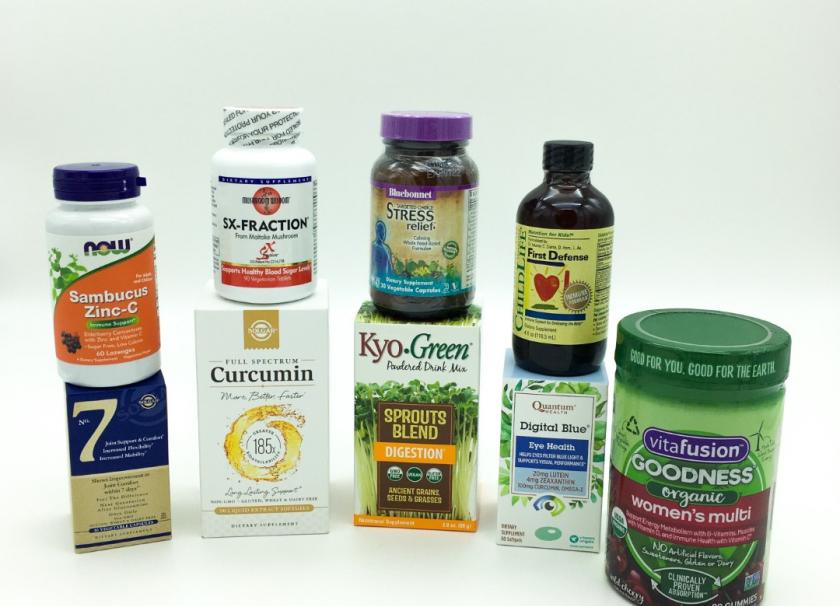
Taste for Life winter wellness giveaway
It's a month of giveaways from Taste for Life!
Giveaway #1 has finished up - so it's time for #2! This giveaway runs 1/27-2/2, so sign up below.
This package includes: NOW's Sabucus Zinc-C lozenges, Mushroom Wisdom's SX-Fraction, Bluebonnet's Stress Release formula, ChildLife's First Defense immune formula, Vitafusion's Organic Women's Multi vitamin, Quantum Health's Eye Health supplement, Kyo-Green Sprouts Blend digestion supplement, Solgar's full spectrum Curcumin supplement, and Solgar's No. 7 joint comfort supplement.

Rogue Co-ops College Scholarship
As part of the Rogue Co-ops, a group of Rogue Valley cooperative businesses that includes Ashland Food Co-op, Grange Co-op, Medford Food Co-op, and Rogue Credit Union, we're excited to offer a scholarship opportunity to local high school students planning on attending college.
The Rogue Co-ops have collectively funded a $2,000 scholarship (and Grange Co-op offers an additional eight $1,500 scholarships) for students (in public, private or home school settings) who meet the following requirements:

Become an Owner-Volunteer with the AFC Board
The AFC Board of Directors is looking for owner-volunteers for three board committees: the Owner Engagement Committee (OEC), Board Development Committee (BDC), and AFC Gives Committee.
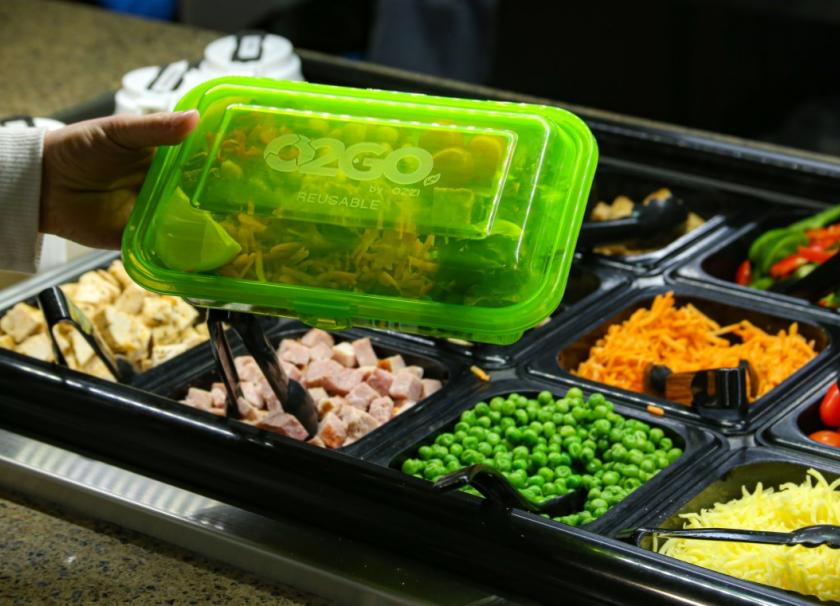
Sustainability Update: Building on a Strong Foundation
Sustainability Update
Our team has been working on many different projects throughout the year, taking great steps to fulfill our four sustainability goals. Our four goals to achieve by 2030 are: carbon neutrality, zero waste, eliminating toxic chemicals, and being a leader in our sustainable community. We look forward to our sustainable success in the upcoming decade!

2020: A vision for the future through Co-ops and local food
As the 2010s come to a close, the “20/20” eyesight analogy couldn’t be more appropriate for the new decade. With our eye on the future, there’s clearly a sense of urgency and awareness of the unique times we’re living in: a changing climate, increases in costs of living, and the shared pressures of a globalized world.
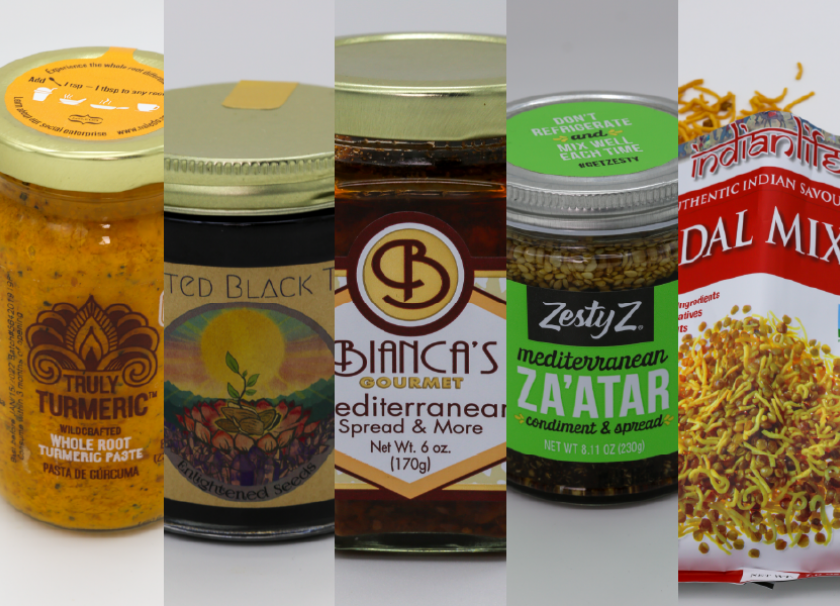
5 Items to Try: Spreads, Condiments & Snacks
It's fun trying new things! Here are five items you can find at the Co-op with a distinctly international flavor. Whether you're spreading them on some bread or naan, mixing up a salad dressing, or just want something salty and crunchy to snack on, try these out next time you want to elevate your dishes.
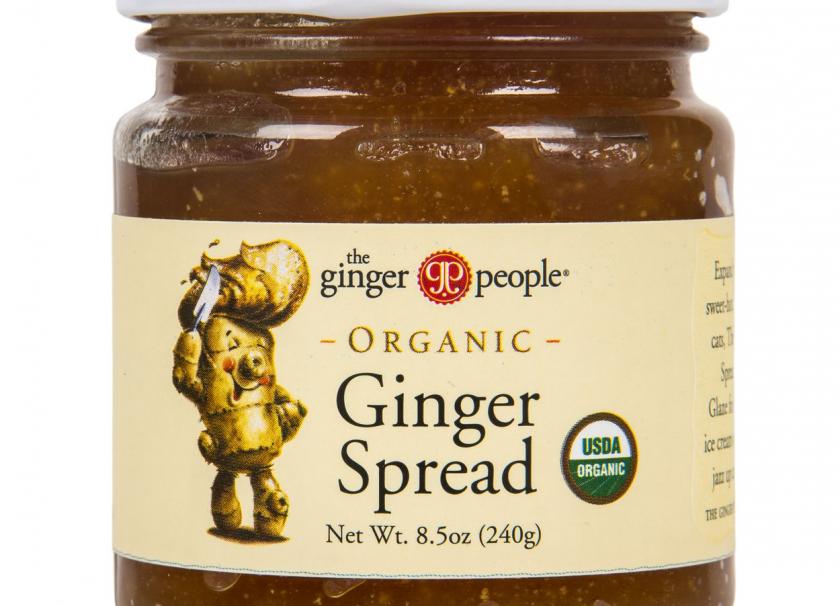
10 Ways to Enjoy: Ginger Spread
Sometimes you might come across a product at the Co-op and ask, "That looks good, but how in the heck can I use it in my cooking?" To answer that question, we picked this Ginger Spread made by The Ginger People (famous for their Gin-Gin candies). Grab a jar and try some of these unique applications in your own kitchen - or get inspired to utilize it in another way.
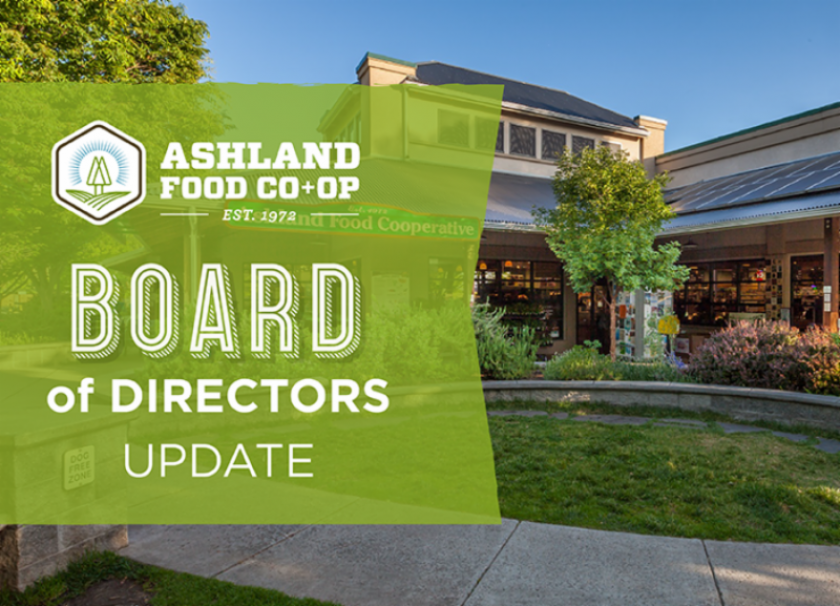
Meet Your Board: Melina Barker
Hello, Co-op members! My name is Melina Barker, and I joined the AFC Board of Directors this July. Since then, I have been busy learning about all the work the previous members have done to craft strategic goals to support the success of the AFC.
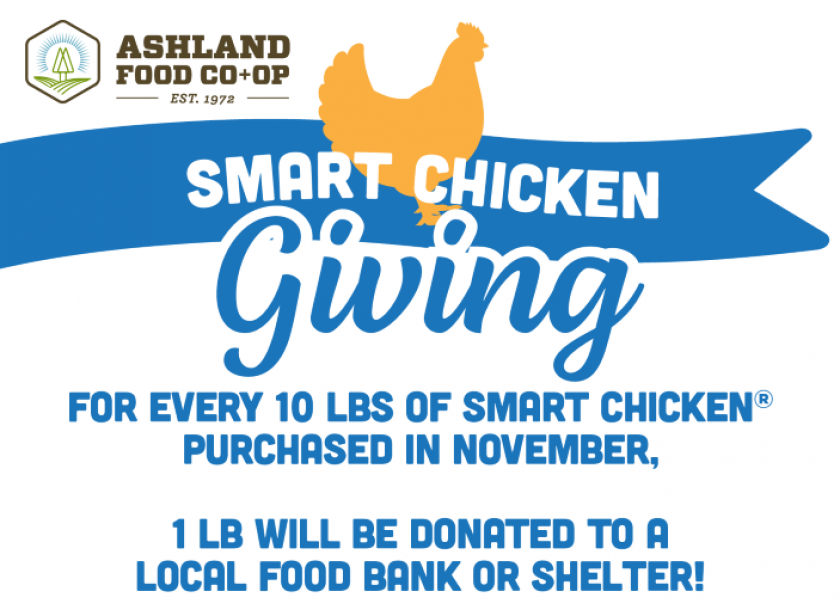
Smart Chicken® Holiday Giving in 2019
During the month of November, Co-op shoppers can nourish their own families and help fight hunger in the Rogue Valley.
Over the years, Smart Chicken® and Ashland Food Co-op have teamed up to donate thousands of pounds of chicken to ACCESS. Smart Chicken® will once again donate Smart Chicken® products based on the total volume that shoppers purchase at Ashland Food Co-op to ACCESS.
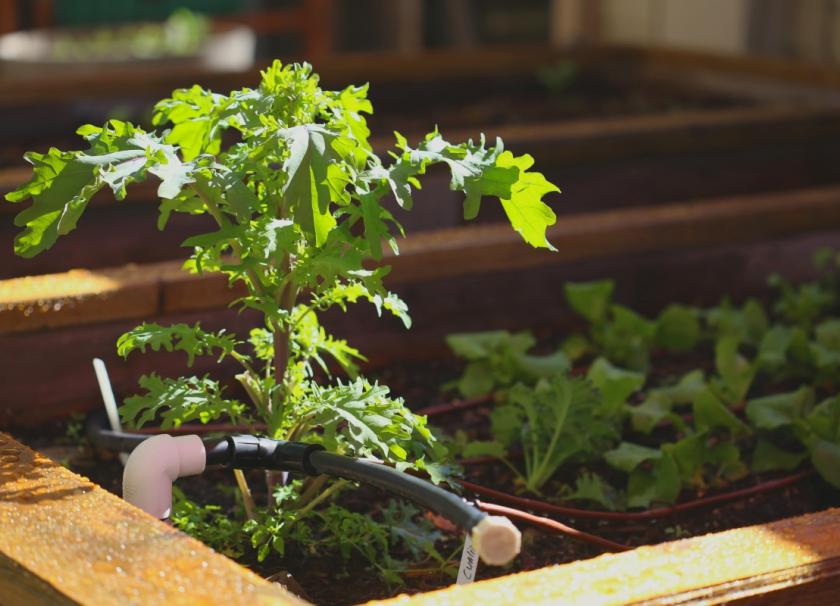
Henry in the Garden: Already Preparing for the Spring
The bane of all gardeners is powdery mildew - that white substance that collects both on the tops and bottoms of the leaves of your healthiest vegetable plants. Cucumbers and zucchini seem to be more easily affected by this scourge than many others.

GM Report: Gratitude for a Great 2019 at the Co-op
It’s the season of gratitude and reflection on the year that has passed, and there is so much to be thankful for as a Co-op owner.
2019 started off with the news that over $13,000 in emergency donations had been raised from Co-op owners and shoppers for support and relief efforts after Paradise, CA was leveled by a wildfire. This outpouring of our support was critical in the months after the fire, after the news trucks had left and the work of rebuilding began. I know how grateful we all are for the much calmer smoke season that our region experienced this summer.
